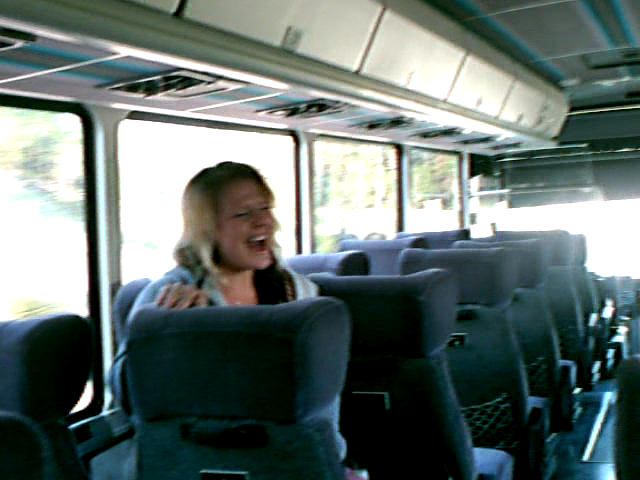Minnesota immigration enforcement surge is ending, Trump border tsar says
-
Two US citizens were killed in Minneapolis during the crackdown dubbed
"Operation Metro Surge".
33 minutes ago

SOCIAL NETWORK



+NEW+YORK+hot+movie+008.jpg)
+LasVegas+gals+vlcsnap-16038.png)


Deeper insights into radicalization may spring from developments in what's called Relational Frame Theory, which is based on a body of empirical research pioneered by Steve Hayes of the University of Nevada. The theory focuses on the fact that people constantly derive assumptions and conclusions about things they were never directly taught. In our early years, the theory holds, we learn certain arbitrary ways to compare things to each other (relational framing), and it is through a web of such interlinking comparisons (relational networks) that we then start to make sense of the world around us.
ReplyDeleteSo if one's parents teach one about, say, Islam—and do so within the context of a relatively comfortable, happy and nurturing childhood—one is likely to derive an association between the wider concept of religion and the pleasant experiences of one's earlier years. This would then make it harder to embrace an ideology based on hating people of different faiths.
Thus contrary to the insistence of some that religion is inherently divisive and harmful, this research suggests that early-life exposure to moderate forms of religion may be a vital inoculator against the dangers of extremist recruitment.
Dr. Razzaque is a British psychiatrist and author of "Human Being To Human Bomb: Inside The Mind Of A Terrorist" (Totem, 2005).